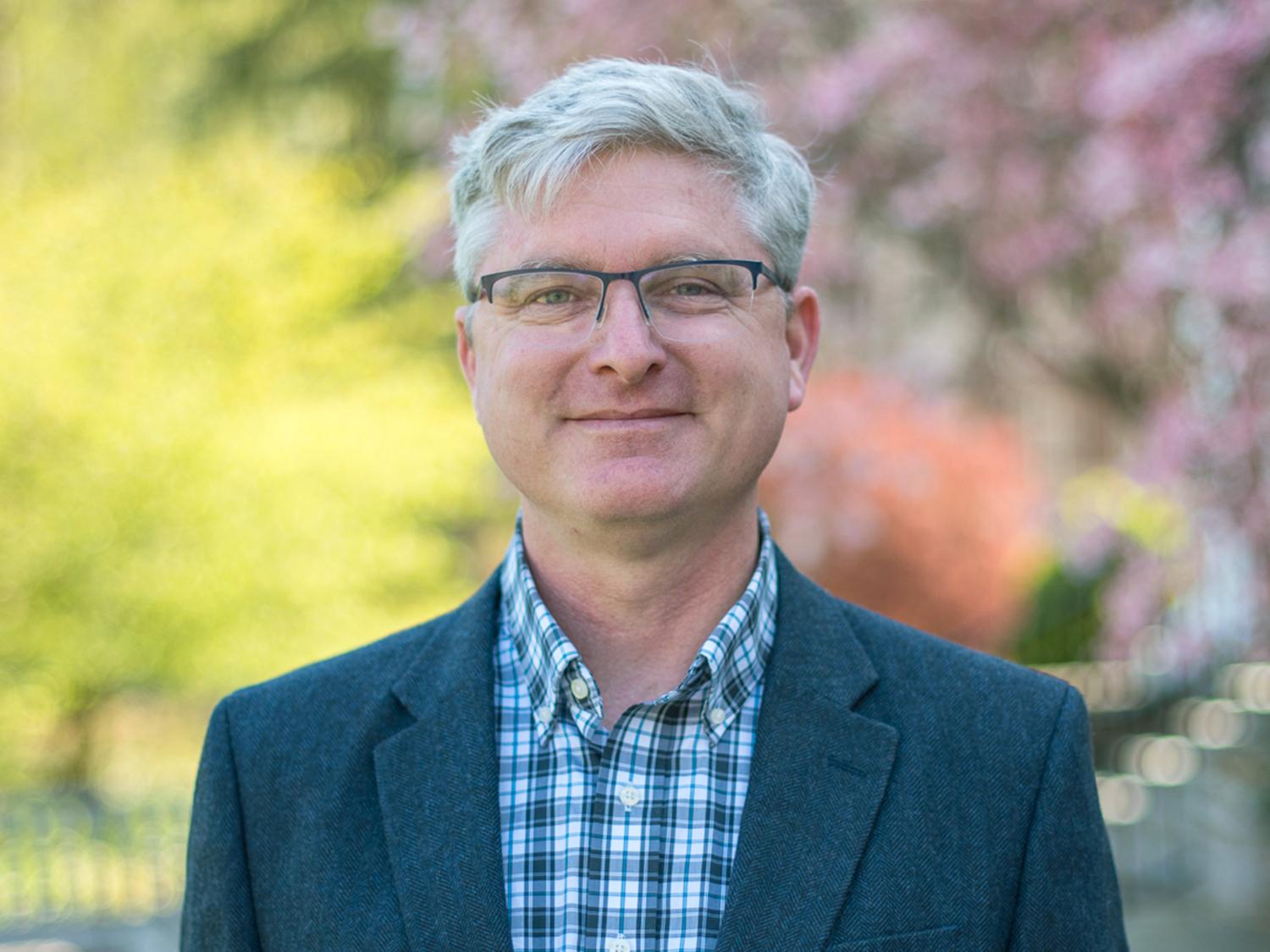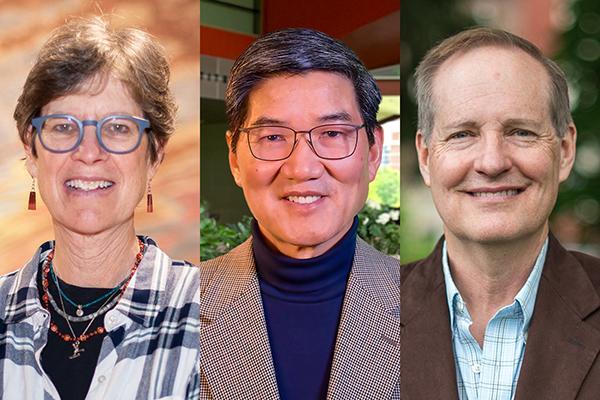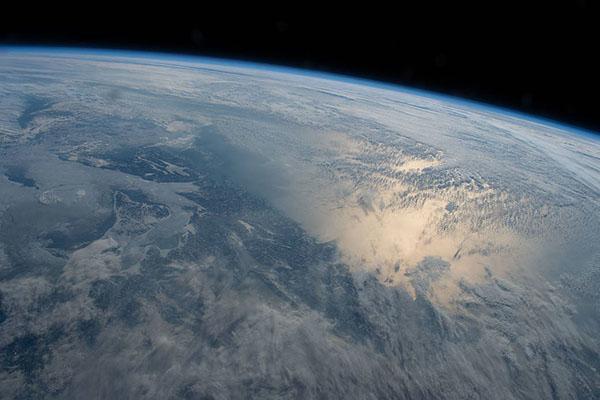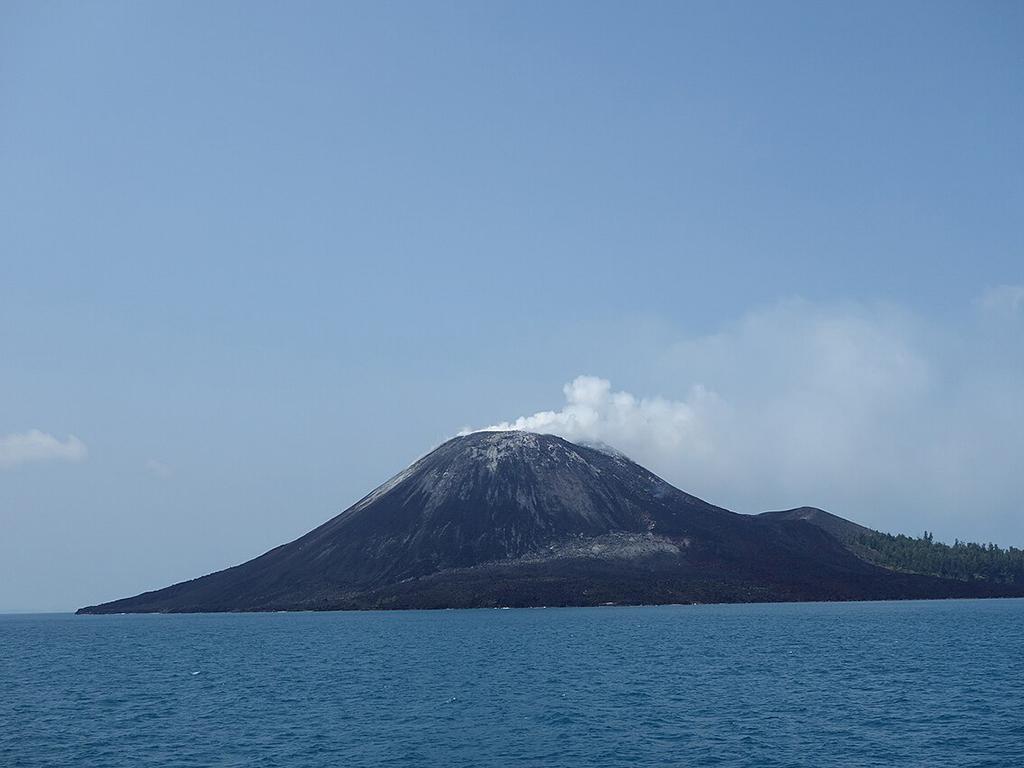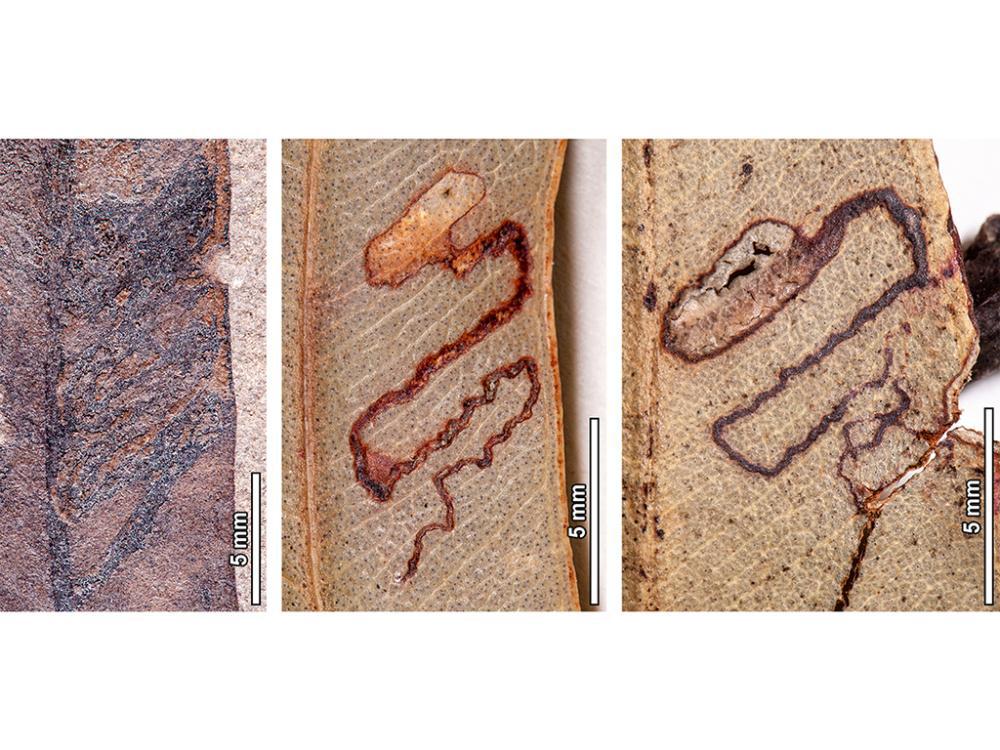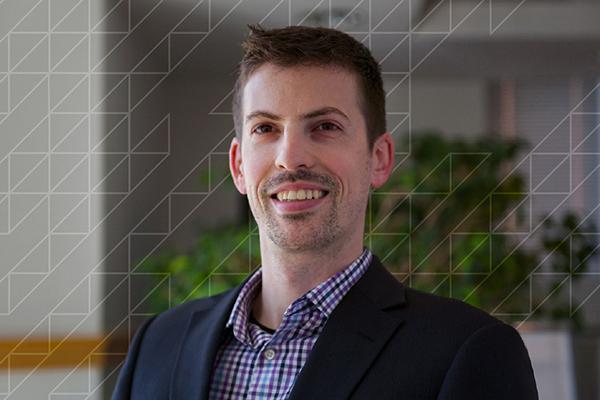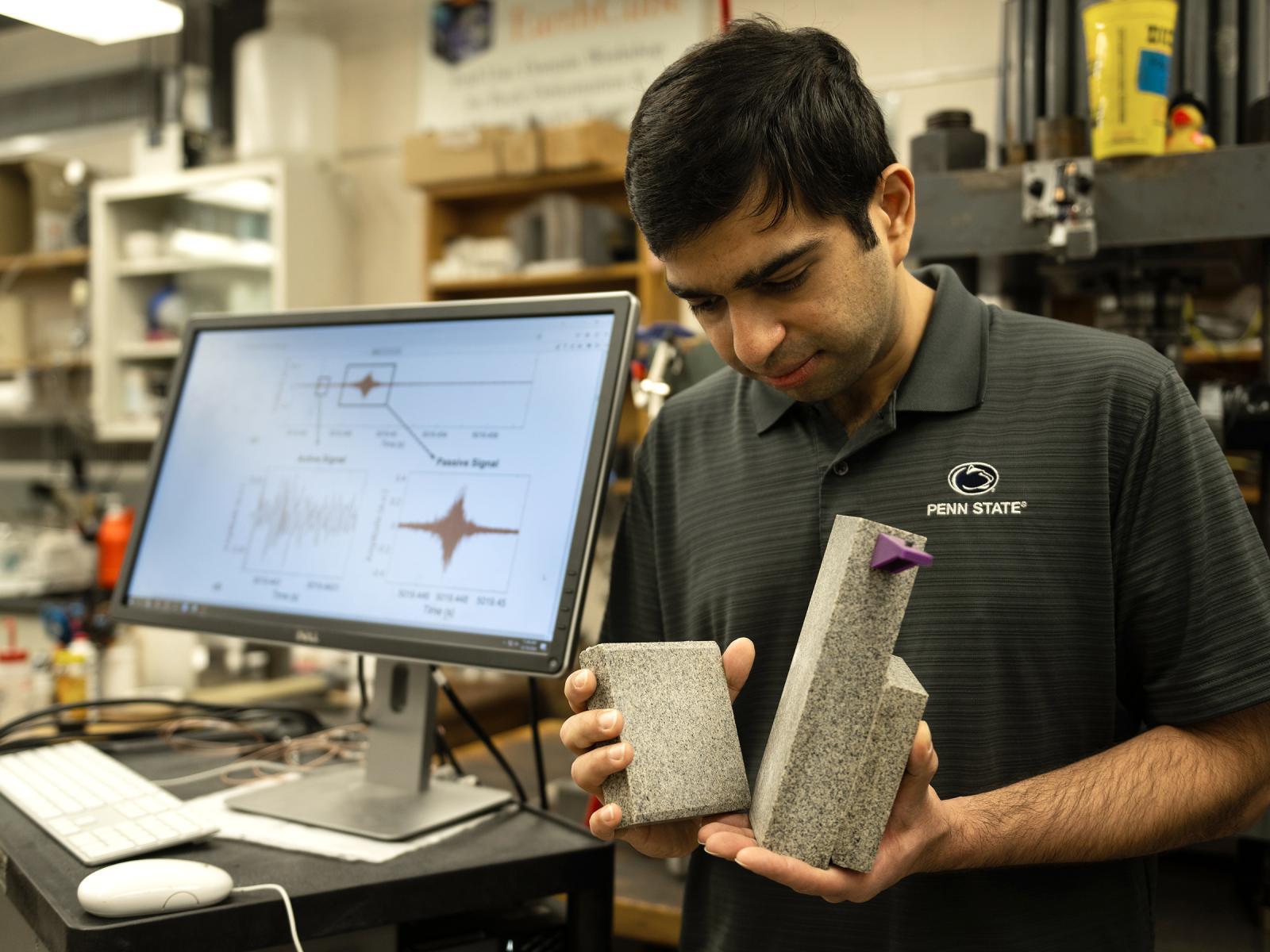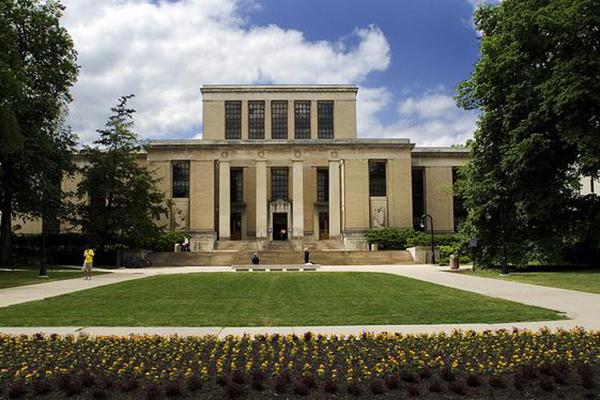Chris Widga, director or the Earth and Mineral Sciences’ Museum & Art Gallery and research professor of geosciences, will give the talk, “Museums as partners in broader impact activities,” at 4 p.m. on Monday, March 3, in 112 Walker Building at Penn State University Park.
The Penn State Climate Consortium has awarded five workshops as a part of its Climate Solutions Accelerator Program to foster impactful research and bring effective climate solutions to communities in Pennsylvania and around the world.
“These workshops are designed to bring together diverse voices and innovative ideas, fostering collaboration and driving practical solutions that address both local and global climate challenges,” said Erica Smithwick, director of the Penn State Climate Consortium. “By focusing on key areas like community health, equitable climate action and cutting-edge technology, we aim to create lasting positive impacts for future generations.”
Three faculty from Penn State’s College of Earth and Mineral Sciences have been elected to the National Academy of Engineering. Members of the class of 2025 include, from left, Susan Brantley, Atherton Professor and Evan Pugh University Professor Emerita of Geosciences; Long-Qing Chen, Donald W. Hamer Professor of Materials Science and Engineering; and Russell Johns, George E. Trimble Chair of Energy and Mineral Sciences and professor of petroleum and natural gas engineering.
Humanity may not be extraordinary but rather the natural evolutionary outcome for our planet and likely others, according to a new model for how intelligent life developed on Earth.
“This is a significant shift in how we think about the history of life,” said Jennifer Macalady, professor of geosciences at Penn State and co-author on the paper.
Penn State’s Sustainable Labs Program ushers participating labs through a yearlong certification process, guiding them in implementing sustainable practices across multiple domains, including energy efficiency, waste reduction, water conservation, green chemistry and sustainable purchasing. The 2024-25 Sustainable Labs Program cohort consists of 21 labs — 20 of which are located at Penn State University Park and one at Penn State Behrend — from a breadth of disciplines. Six College of Earth and Mineral Sciences labs: Katherine Freeman, Robert Hickey, Anastasia Piliouras, Hilal Ezgi Toraman, Nutifafa Doumon and Thandazile Moyo
“Ocean volcanoes, when they are unstable, can collapse catastrophically and generate a tsunami,” said Christelle Wauthier, associate professor of geosciences at Penn State and co-author of the study.
New study reveals surprisingly consistent insect feeding damage on fossils from Argentina and modern gum tree leaves from Australia. “The big stunning result is that every type of insect damage on the fossils survives today on Eucalyptus,” said L. Alejandro Giraldo, a doctoral student in the Department of Geosciences at Penn State and lead author of the study.
Nicolas Choquette-Levy, assistant professor in the Penn State Department of Geosciences in the College of Earth and Mineral Sciences, has joined the faculty of the Institute of Energy and the Environment. His role will also include collaboration with the Penn State Climate Consortium, which strongly supported his appointment.
To develop and train the physics-informed neural networks, Prabhav Borate, a graduate student in engineering science, used labquake data collected in the Rock Mechanics Laboratory of co-author Chris Marone, professor of geosciences in the College of Earth and Mineral Sciences.
The STEM Libraries at Penn State University Park have announced their calendar of workshops and events for graduate students for the spring 2025 semester. The libraries include the Fletcher L. Byrom Earth and Mineral Sciences Library, Engineering Library, Life Sciences Library, Physical and Mathematical Sciences Library and Harrell Health Sciences Library Research and Learning Commons.


